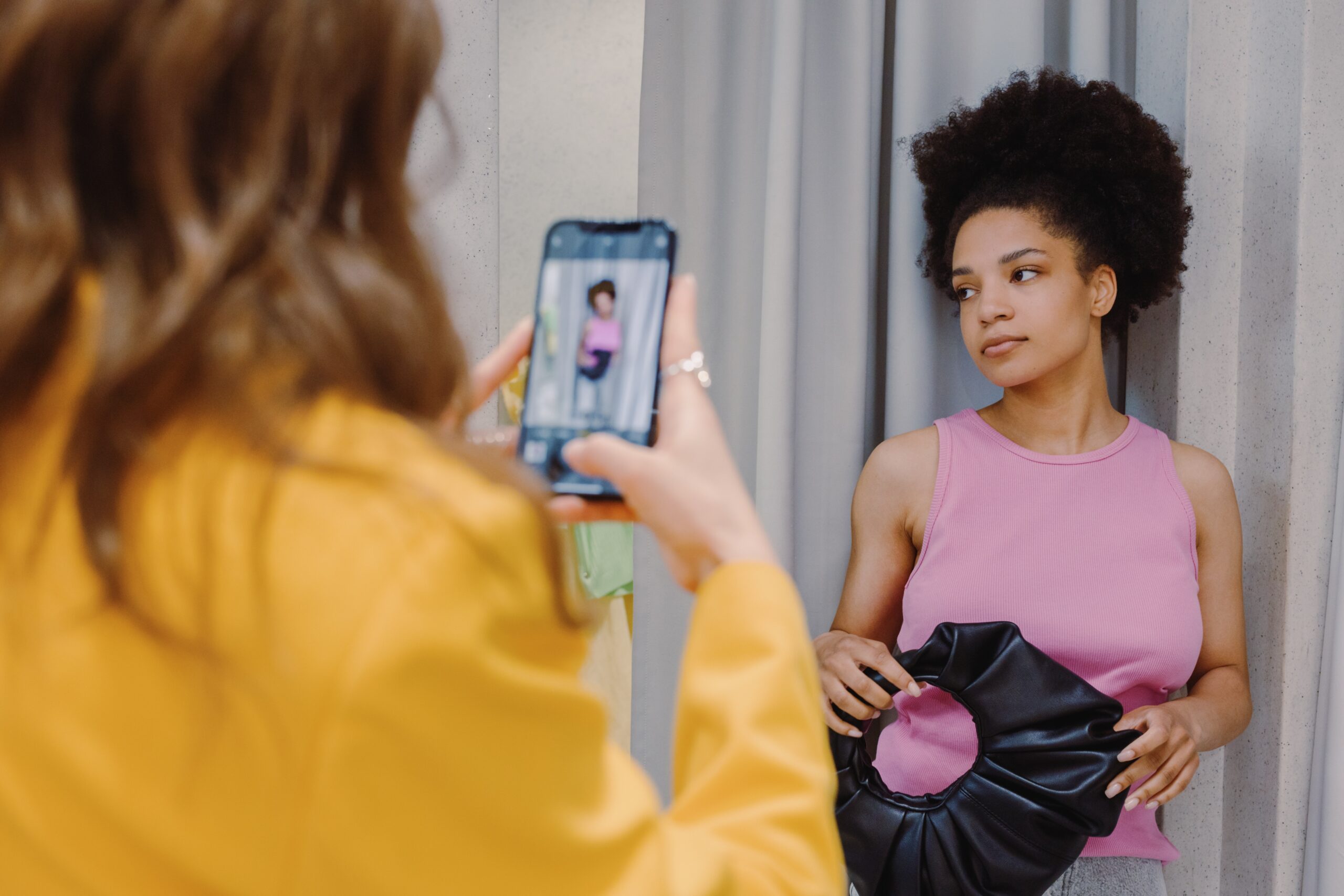Luxury fashion has an undeniable allure. The glossy pages of high-end magazines, the red carpet appearances of celebrities bedecked in designer wear, and the intricate craftsmanship of luxury brands. But what happens when our wallets don’t quite match our tastes?
A recent study titled “Bargaining our Emotions: Exploring the Lived Experience of Purchasing Luxury Fashion Counterfeit” delves into the intriguing and often contradictory emotions that accompany the purchase of counterfeit luxury fashion items. The Study provides a nuanced look at the motivations and emotions that drive consumers to engage in this controversial market.
The Allure of Luxury
Luxury fashion isn’t merely about clothing; it’s about a lifestyle, an identity, and sometimes, even a dream. The study found that many buyers of counterfeit luxury items are drawn to these products because they want a taste of this exclusive world. It’s not just about the item itself; it’s about the experience and the image it conveys.
The Emotional High
One surprising finding of the study is the emotional rush that comes with purchasing a counterfeit luxury item. It’s akin to a secret adventure. The buyers experience a mix of excitement, fear, and anticipation. The act of bargaining, negotiating, and finally owning that imitation Chanel bag or faux Gucci belt can be an exhilarating journey. It’s as if they’ve cracked the code to a hidden world.
Guilt and Confusion
However, the thrill of the purchase often comes with a side dish of guilt. The study notes that many buyers are aware that their purchases are not genuine, and this knowledge can lead to inner turmoil. They may question their moral choices, but the allure of owning a piece of luxury keeps them coming back for more. It’s a complex dance between desire and conscience.
Social Approval and Identity
Luxury fashion often plays a significant role in how we present ourselves to the world. The study reveals that for some buyers, counterfeit luxury items are a means to fit in, gain approval, or project a particular image. In a world where appearances can be everything, these imitations serve as symbols of identity.
The Tug-of-War
The emotional journey of purchasing counterfeit luxury fashion is akin to a tug-of-war between aspiration and reality, excitement and guilt, authenticity and imitation. The study highlights that these mixed emotions are integral to the experience, making it far more complex than a simple act of buying.
We spoke to one of the key authors of the study, Aurore Bardey for some more exclusive insight:
1. What was the most interesting outcome of the research for you and why?
I did not expect to have so many participants who experienced positive emotions following a counterfeit purchase. What particularly surprised me was the revenge state of mind and the expertise of the participants.
They found good quality counterfeit in a similar or even better style to the genuine article, not just to be stylish but as an act of revenge on luxury brands. Their attitude was “ I don’t deserve to be treated as a fool. I will show you I can have a counterfeit version of your article at a lower cost and it is just as nice or better”.
One participant congratulated the Off-White team after their runway show whilst wearing a counterfeit Off-White T-shirt. The team did not recongise the T-shirt as fake, and he thought “Okay, you didn’t get me”.
2. Can you describe the emotional journey someone might go on when they experience buyer's remorse after buying a counterfeit item?
Once participants remember that counterfeit can be unethical or unsustainable immediately there is remorse, guilt, and sometimes sadness following the purchase. They recover from a very short peak of happiness experienced at the point of purchase. Most participants used the counterfeit item only once or twice as the negativity is so high and remorse is so present.
3. Please can you describe why people feel good when others think they own a luxury item?
Happiness can be defined in different ways, some may see this as being rich or having made it. We need the agreement of other people as social beings who want a sense of belonging to a group. Therefore, we need others to treat us a being rich for approval.
There are two types of consumers who are likely to have the below traits:
Experience positive emotions post counterfeit purchase:
- Participate in the Quiet luxury trend.
- “You know, if you know”, belongs to a niche group.
- Want to be beautiful for themselves.
Experience negative emotions post counterfeit purchase:
- Purchase Logos that are highly recognisable
- The aim is to show off to others
In the realm of fashion, the purchase of counterfeit luxury items is a story that’s both alluring and fraught with moral ambiguity. This study peels back the layers, offering a glimpse into the hearts and minds of those who venture into this market. It reveals that their experiences are not simply about material possessions but are rich with emotions, aspirations, and societal pressures.
Go ahead and read the paper, here.



